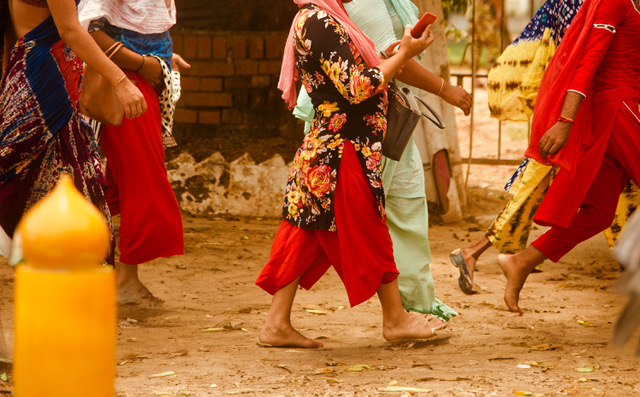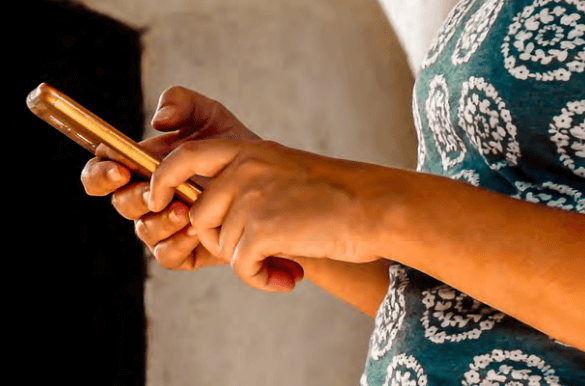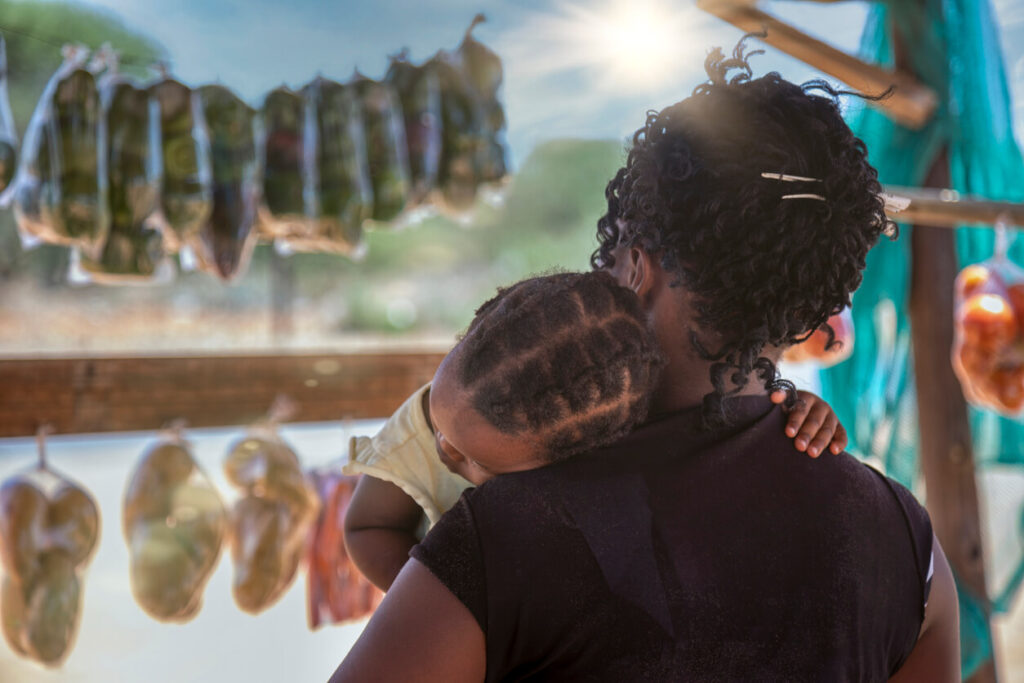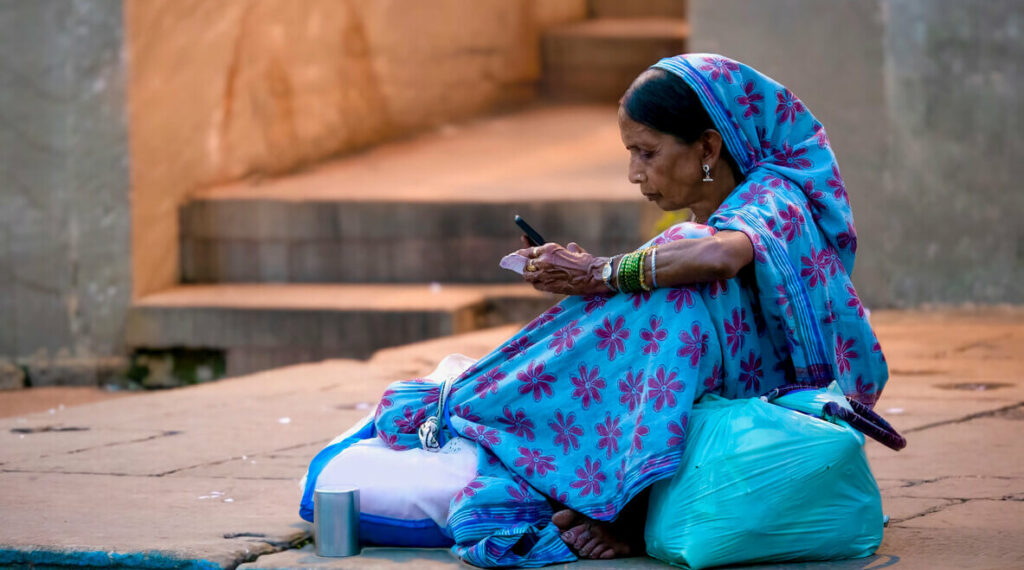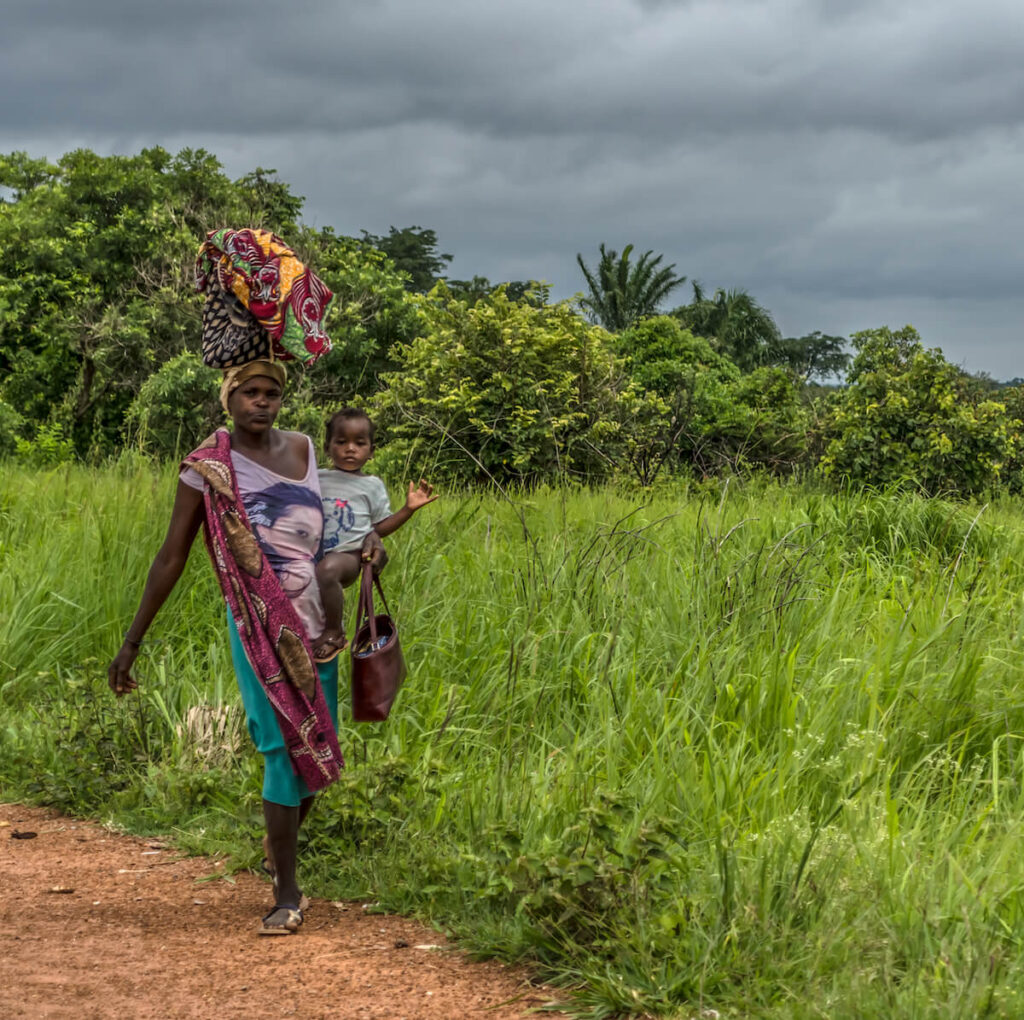
Topics
- Challenges and Crises
- Enabling Environment
- Partnerships
- Policy, Regulation and Government Initiatives
- Underserved Groups
- Women
Series
International Women’s Day is set aside to celebrate women’s achievements over the past year. And there were many milestones to celebrate in 2020, particularly in the realm of politics. Over the past year, we have seen the first woman vice president of the United States, the first African woman to head the WTO, and mounting evidence that countries with fewer gender gaps at the highest levels of leadership were better governed through the COVID-19 crisis. But the greatest achievements belong to the billions of women who, as paid and unpaid essential workers within and outside their homes, labored and struggled to help their families and communities survive unprecedented crises of health, economy, and climate.
The gendered tumult and difficulties of the past year call for deeper reflection on women’s experiences and vulnerabilities. Even as there is more understanding and acknowledgment of the gendered impacts of the costs of economic and health crises, and even as many governments responded with more relief than in past recessions, it is becoming clear that the global gains towards greater gender equality made over the past few decades are being reversed by the pandemic. The U.S. provides a particularly striking example. Despite being one of the richest countries in the world, with one of the world’s largest fiscal responses to the pandemic, job losses still fell disproportionately upon women. Women in the U.S. have dropped out of the labor force in larger numbers than men, with mothers being particularly hard hit. Globally, nearly 30 million more women are living in poverty than at the start of the pandemic, with women suffering the greatest livelihood losses. The pandemic pulled back the curtain on the significance of the “developed” and “developing” country difference when it comes to gender inequality and revealed that women the world over face similar vulnerabilities.
The fact that economic gains for women fell apart as quickly and sharply as they did reminds us just how fragile our progress towards gender equality was. And the consequences of this reversal will be long lasting. Girls around the world will have their choices diminished if they are unable to return to school–or to stay enrolled in school for as many years as they may have without the economic burden of the pandemic. Girls who leave school early are more likely to have an early pregnancy, have lifelong unmet family planning needs, experience intimate partner violence, and live part or all of their adult lives in poverty, the effects of which will likely be passed on to their daughters and granddaughters, too.
The fact that economic gains for women fell apart as quickly and sharply as they did reminds us just how fragile our progress towards gender equality was.
Pandemic Underscores the Undervaluation of Care Work
At the heart of this fragility is, as it has always been, the undervaluation of the kinds of care work most societies assign to women. This is the work of childcare, eldercare, cooking, cleaning, and healthcare that is performed for love and, tragically, far too little money.
This fundamental inequality has resulted in overworked and underpaid health care workers struggling to care for COVID-19 patients and overworked and unpaid mothers (and some fathers) laboring to address the tremendous need created by the global shutdown of educational systems. The data on women’s job losses are a reminder of the fundamentally unequal, often invisible, gender division of labor upon which the 21st-century global economy is based.
The data on women’s job losses are a reminder of the fundamentally unequal, often invisible, gender division of labor.
The concentration of women in paid care work also meant that women who did stay employed had to take on the heightened risks of working closely with other people even as a virus transmitted through human contact was spreading fast. While they were termed essential workers, they rarely received additional compensation for taking on this essential work. Further, many of the women workers performing the most essential forms of care work are migrant women. Stranded and unable to return home in the first months of the pandemic, these essential women workers were nevertheless largely excluded from any social protections offered by their host countries.
Universal Social Protection’s Mitigating Power
In at least two different ways, universal social protection can mitigate gender unequal outcomes. First, access to a strong social safety net can speed up the broader recovery from the pandemic and blunt the economic impact of crises, helping men, women, and children across the globe. Universal access to housing, food, and healthcare is critical to global economic recovery, and, it can be argued, is a fundamental human right and fundamental function of a legitimate government. Second, in too many countries, women’s labor still constitutes the primary and most accessible safety net during a crisis. Universal social protection can go a long way toward addressing that inequity.
Women’s labor still constitutes the primary and most accessible safety net during a crisis. Universal social protection can go a long way toward addressing that inequity.
This is an especially urgent issue given the growing threat of climate-related crises. As we’ve seen over the past year, unemployment and increased economic vulnerability can be quickly exacerbated by unexpected extreme weather events, which reduce food and safe water availability. In the US, residents across the south have remained without access to clean water and during an extreme winter storm were forced to boil snow for potable drinking water, among other public health hazards. These crises increase families’ long-standing reliance on women, especially mothers, to provide care and sustenance to survive.
In response to the pandemic, many governments introduced or increase social protection payments directly to individuals. However, while social protection schemes have increased in number and intensity, more is needed. Globally, an additional $11.7 trillion was spent to mitigate the pandemic’s impact. Unfortunately, a vast majority of this (83 percent) was spent by just 36 developed countries, compared with $42 billion spread across 59 developing nations.
Furthermore, a majority of countries’ schemes reach less than half of their populations and means-tested qualifications leave women completely uncovered due to the informal nature of their work. A global push among multinational bodies, such as the World Bank, for nations to expand and extend all social protection payments would go a long way toward addressing these disparities.
The Critical Role of Inclusive Financial Services
The financial services industry is a critical part of this solution, advocating for and helping implement ways to extend financial supports to individuals and informal sector enterprises.
As part of this approach, social protection must go beyond just payments to include tax relief and grants to MSMEs – regardless of formality. Targeting these informal enterprises is difficult but using civil society organizations and microfinance banks can help governments reach the most vulnerable. At the start of the pandemic, many lending institutions, including microfinance banks, foresaw large-scale loan defaults. As such, regulators in many countries granted moratoria on loan payments for a certain period of time. For many borrowers, this temporary relief is mixed given that in many countries interest continued to accrue on their loans. As such, we recommend providers work with their customers to restructure outstanding loans by automatically extending the term of the loan and refrain from compounding interest accrued during moratoria. Mexico, for example, is encouraging lenders to offer permanent interest or principal relief. Debt forgiveness in some form for microloans may catalyze economic recovery — particularly if it is coupled with continued access to safe and fair lending. For many around the world, access to finance is key to recovery.
The rapidity with which COVID-19 vaccines were developed and approved brings much joy – and awe – and as of February 2021 numbers of new infections globally are starting to go down. But ending the crisis means more than mass vaccination or even elimination of COVID-19. It will require a gender transformative approach to recovery that prioritizes structural protections to ‘reverse the reversals’ in gender inequalities and poverty gaps.
Ending the crisis will require a gender transformative approach to recovery that prioritizes structural protections.
We are hopeful that, given the way the world came together to create and share vaccine knowledge, this universal collaboration may be reflected in inclusive finance, too. If central banks, regulators, aid organizations, and financial service providers come together to design social protection relief, we can prevent a gendered humanitarian economic crisis.


